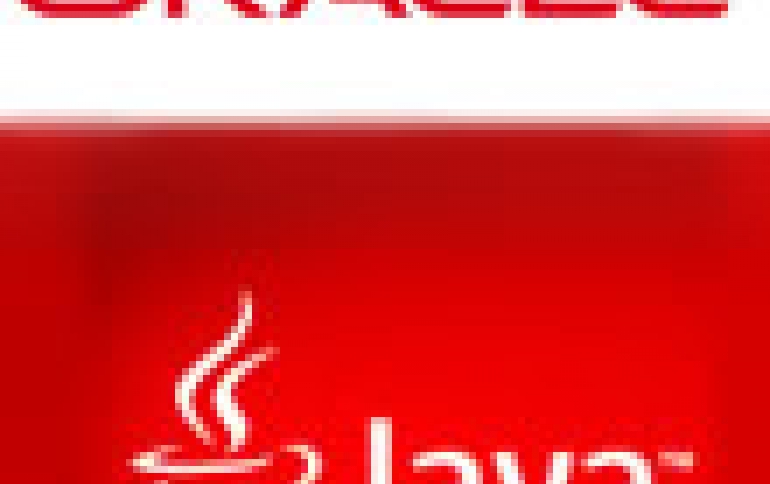
Oracle Wins Appeal In Legal Battle With Google
A U.S. appeals court on Friday said Oracle can be granted copyright protection in parts of Java in a battle with Google over Android's inclusion of the code.
The heart of the appeal was whether Oracle can claim a copyright on Java APIs and, if so, whether Google infringed that copyright. According to the Federal Circuit today, the answer to both questions was a qualified yes - with the qualification being that Google may have a fair use defense.
When it implemented the Android OS, Google wrote its own version of Java. But in order to allow developers to write their own programs for Android, Google relied on Java APIs. Application Programming Interfaces are generally specifications that allow programs to communicate with each other.
In May 2012, Judge William Alsup of the Northern District of California ruled that APIs are not subject to copyright.
The Federal Circuit disagreed on Friday, holding that Java?s API packages were copyrightable, although it send the case back to the trial court to determine whether Google's copying was nonetheless a lawful fair use.
"We are mindful that the application of copyright law in the computer context is often a difficult task," Federal Circuit Judge Kathleen O'Malley wrote. "On this record, however, we find that the district court failed to distinguish between the threshold question of what is copyrightable - which presents a low bar - and the scope of conduct that constitutes infringing activity."
The implications of this decision are significant, as the freedom to reimplement and extend existing APIs has been the key to competition and progress in both hardware and software development.
Today's decision puts that at risk, potentially handing Oracle and others veto power over any developer who wants to create a compatible program. What is worse, if today's decision is taken as a green light to API litigation, large and small software tech companies are going to have to divert more and more resources away from development, and toward litigation.
The case is not over, as Google may seek a hearing from the full court, or appeal to the Supreme Court.
When it implemented the Android OS, Google wrote its own version of Java. But in order to allow developers to write their own programs for Android, Google relied on Java APIs. Application Programming Interfaces are generally specifications that allow programs to communicate with each other.
In May 2012, Judge William Alsup of the Northern District of California ruled that APIs are not subject to copyright.
The Federal Circuit disagreed on Friday, holding that Java?s API packages were copyrightable, although it send the case back to the trial court to determine whether Google's copying was nonetheless a lawful fair use.
"We are mindful that the application of copyright law in the computer context is often a difficult task," Federal Circuit Judge Kathleen O'Malley wrote. "On this record, however, we find that the district court failed to distinguish between the threshold question of what is copyrightable - which presents a low bar - and the scope of conduct that constitutes infringing activity."
The implications of this decision are significant, as the freedom to reimplement and extend existing APIs has been the key to competition and progress in both hardware and software development.
Today's decision puts that at risk, potentially handing Oracle and others veto power over any developer who wants to create a compatible program. What is worse, if today's decision is taken as a green light to API litigation, large and small software tech companies are going to have to divert more and more resources away from development, and toward litigation.
The case is not over, as Google may seek a hearing from the full court, or appeal to the Supreme Court.




















